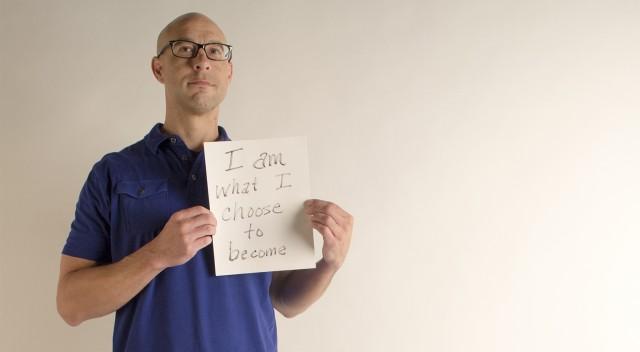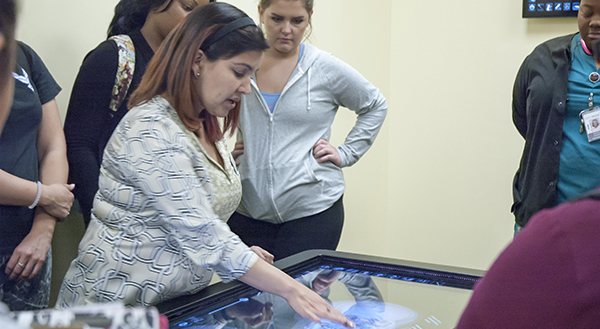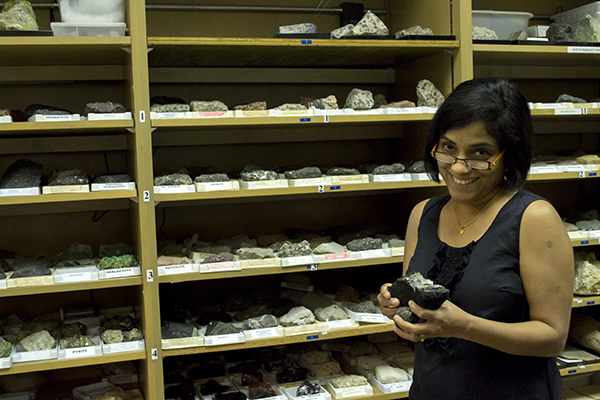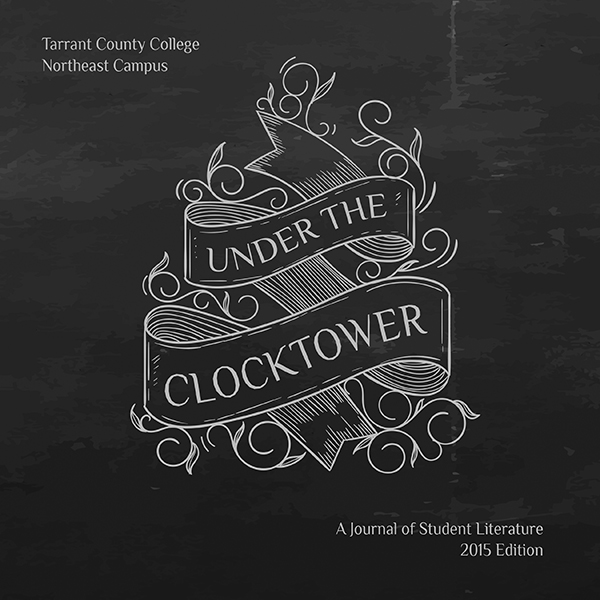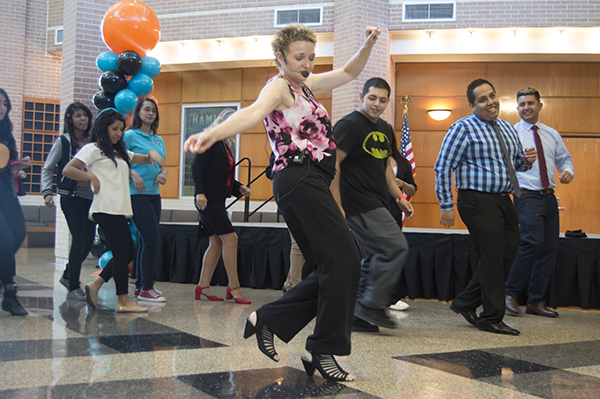By Sarah Young/ reporter
The spike of the American crime rate in the 1970s was largely due to people’s loss of faith in the American government and economy, TCC professors said Oct. 14.
Paul Benson, Jason Clark-Miller and Brian Cervantez told NW students about the lack of faith in American institutions leading to the largest spike of incarceration rates in U.S. history.
“I think the 1970s were the worst decade for America in the 20th century,” Benson said.
He said events like the Watergate scandal began a decrease in government trust.
“People wanted to trust the president,” he said, “but after Watergate, it became much more difficult to do so.”
Benson said President Carter’s “Crisis of Confidence” speech also affected the American public.
“People started thinking about it for a few weeks and said, ‘Wait, wait, he’s blaming us for this. This isn’t our fault,’” Benson said. “It didn’t help that interest rates and inflation were rising, the crime rate was 20 percent, inflation was double digits every year, and unemployment started to increase as well.”
Clark-Miller turned the discussion to institutions and their importance to society.
“[Institutions] help to teach us what our values, what our morals are,” he said. “The more deeply embedded you are, the more controlled you are, the more likely you are to actually adhere to the rules of your society.”
Legislature, judiciary and criminal justice are all part of U.S. political institutions, and a main purpose is to protect the public, Clark-Miller said.
Seeing the government acting in ways that failed to keep people safe weakened people’s faith in the institution itself, Clark-Miller said. During this time, crime rates increased in the United States.
“It’s not just about individual behavior,” he said. “These changes at this macro-level scale were actually compelling or pushing or prodding people to act in ways that were previously unheard of.”
The American dream wasn’t believed in, and people responded to this “crisis in legitimacy” by investing in other social institutions such as criminal justice.
“Law enforcement expenditures … increased dramatically. Corrections expenditures increased dramatically,” he said. “We invested in criminal justice in an unprecedented way.”
Beginning in 1973, the incarceration rate increased dramatically as a part of this investment in criminal justice, and the crime rate began to drop again, Clark-Miller said.
“The story that we’re told in the 1980s and ’90s is the reason why we have a drop in crime is because we’ve incarcerated all of the offenders,” he said. “And the reason why we need to do this is because offenders are becoming increasingly violent.”
However, the only type of crime where incarceration rates truly increased was from drug-related crimes, he said.
“Where the real growth in incarceration comes from is from a particular class of offender, engaging in a very economic form of crime,” he said.
Cervantez elaborated on the loss of faith, calling it a “crisis of confidence.”
“One area that you really see this loss of confidence in American institutions is in the realm of entertainment, in American pop culture,” he said.
The 1970s saw a rise of a new entertainment form that focused on mocking institutions, Cervantez said.
“That, I think, reflects a part of that loss of confidence in public figures, government officials and prominent people in society because now they’re being lampooned and they’re being mocked,” he said. “You don’t get that in the 1930s … because there’s not that same crisis of confidence as there is in the 1970s.”
Because of that loss of faith, the future looked bleak for people in the ’70s, he said.
“[There is] this idea that we … are experiencing too much change in too little time,” he said. “And it’s just leaving us disconnected and disoriented and … cut off from human intimacy.”
People worried about population growth and humans outgrowing their resources and heading for a crisis, Cervantez said.
“A lot of people in the ’70s fear for what the future holds for them,” he said. “So clearly in the 1970s, there is this loss of faith in the nation’s institutions and a loss of faith in the human race even.”






















